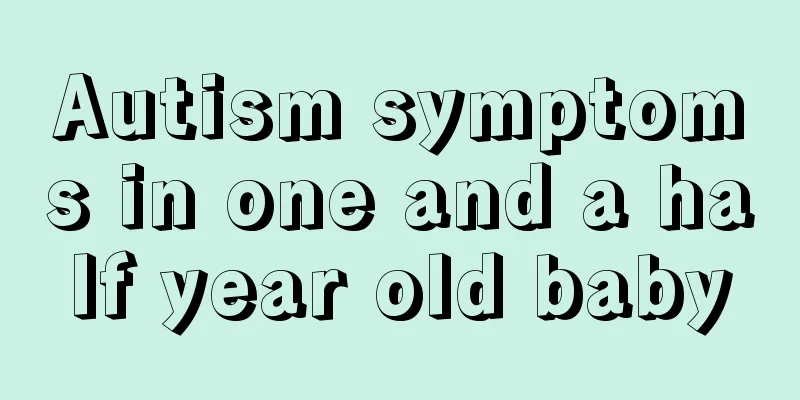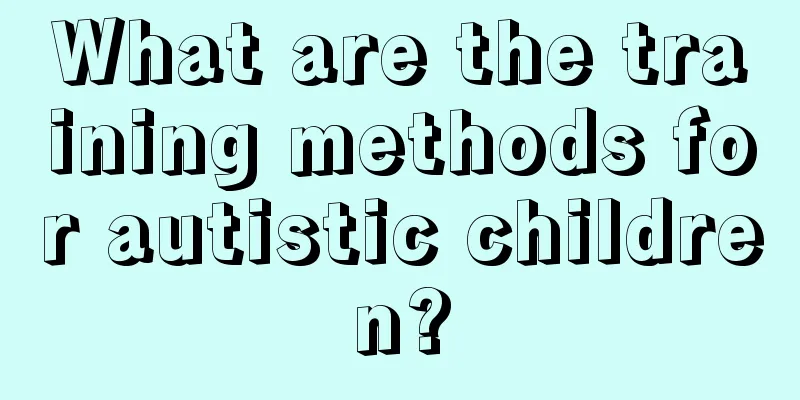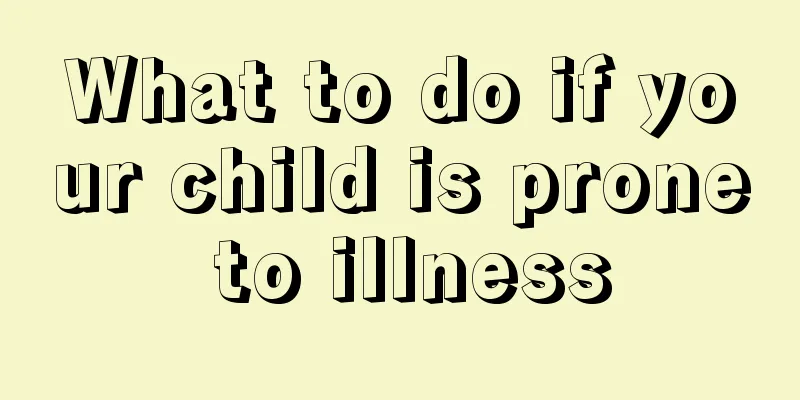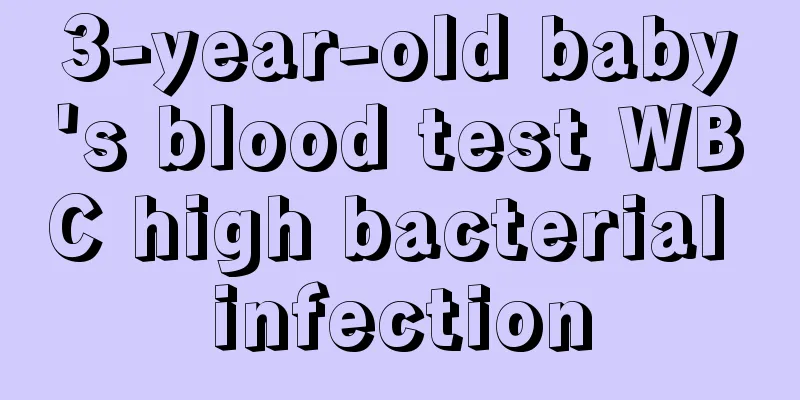What are the symptoms of childhood obesity?
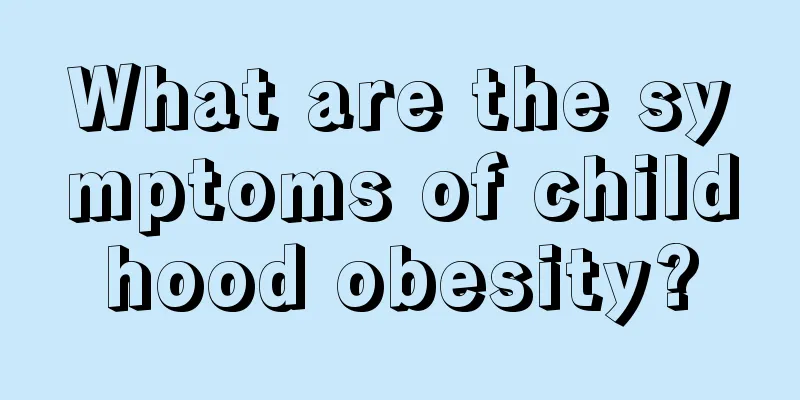
|
Childhood obesity refers to a body weight that exceeds the normal value. This type of obesity is also called simple obesity, which is also a chronic metabolic disorder. The symptoms of childhood obesity are relatively obvious. First of all, there may be a family history of obesity, and the child’s appetite is also excellent. 1. General manifestations There is often a family history of obesity; good intelligence, plump and relatively evenly distributed subcutaneous fat, with body fat accumulation most prominent in the breasts, abdomen, buttocks and shoulders, with white, pink or purple lines on the abdominal skin; obesity in the limbs, especially in the upper arms and buttocks, without endocrine disorders or metabolic disorders; often feeling tired, shortness of breath or leg pain during activities, clumsy movements, knock knees or flat feet. 2. Excellent appetite The child has an excellent appetite and a strong appetite. The amount of food he eats is much larger than that of ordinary children. He likes to eat starch, sweets and high-fat foods, and does not like to eat light foods such as vegetables. 3. Weight/body fat exceeds the threshold value of the reference population Rapid physical growth and development, but normal or larger bones than children of the same age, weight more than 20% of the average of normal children of the same sex and height, or weight more than 2 standard deviations of the average weight of healthy children of the same height (M 2SD); or body mass index greater than 23. 4. Sexual development Sexual development is generally early or normal. Because boys have excess fat in the thigh and perineum, the penis can be hidden in the fat tissue and appear small, which is actually within the normal range. 5. Impairment of aerobic capacity Obese children often have no other discomfort clinically, but their aerobic capacity is obviously impaired by obesity, with maximum tolerance time and maximum oxygen consumption significantly reduced; maximum heart rate, minute ventilation, carbon dioxide production, and work done significantly increased; all indicators of anaerobic threshold are low, showing a "left shift of anaerobic threshold" phenomenon. Obese children have external manifestations such as palpitations, shortness of breath, and easy fatigue when they are active, as well as behavioral habits such as not liking to participate in physical activities. Some obesity may be complicated by hypertension. Extremely obese children may have shallow and rapid breathing, reduced alveolar ventilation, hypoxemia and cyanosis due to restricted chest and diaphragm activity. They may also have complications such as polycythemia, cardiomegaly and congestive heart failure, the so-called hypoventilation syndrome, which can be life-threatening. 6. Psychological depression and damage It has a negative impact on personality, temperament, character, potential development, future ability development, and interpersonal communication. They are very depressed about their body shape, have poor self-evaluation, are easily ridiculed, nicknamed, or even discriminated against during interpersonal communication, suffer heavy mental pressure and psychological conflicts, lose self-confidence, and become withdrawn. During adolescence, they suffer from many intense psychological conflicts due to being distressed about their obese body shape or being eager to lose weight, and some even commit suicide. |
<<: What are the dangers of childhood obesity?
>>: Do parents know the psychological reasons why children dislike studying?
Recommend
What to do if your child's ankle is sprained and swollen
If a child sprains his ankle, he will definitely ...
Breastfeeding and smelly farts, mothers are worried about these problems
Babies who are exclusively breastfed for a long p...
Nursing measures for acne on baby's face
If you find that your child has acne on his face,...
Causes of thick stools in children
In life, many of us parents often encounter the p...
What causes red eye bags in children?
When a person cries for a long time, his eyes wil...
What should I do if my child grows slowly?
All parents hope that their children can grow tal...
How to correct torticollis in children?
If parents find that their child's neck is cr...
What to do if your child has a bad temper
Good children are not born, but are cultivated by...
Will the fetus have renal pelvis separation? What are the causes of fetal renal pelvic separation?
Fetal renal pelvis separation is a relatively com...
What to do if your child has cold hands and feet due to rash
It is a relatively common disease for young child...
Where should I apply the foot patch when my child has a fever?
When many children have a fever for some reason, ...
What is the reason for flat blood in children?
The reasons for anemia are different for everyone...
How to treat rhinitis in eight-month-old baby
When a baby comes into this world, he or she will...
Why do children sleep with their eyes half open?
Many parents find that their children sleep with ...
What happens if a child takes too much medicine?
All medicines are poisonous. We do not advocate t...
